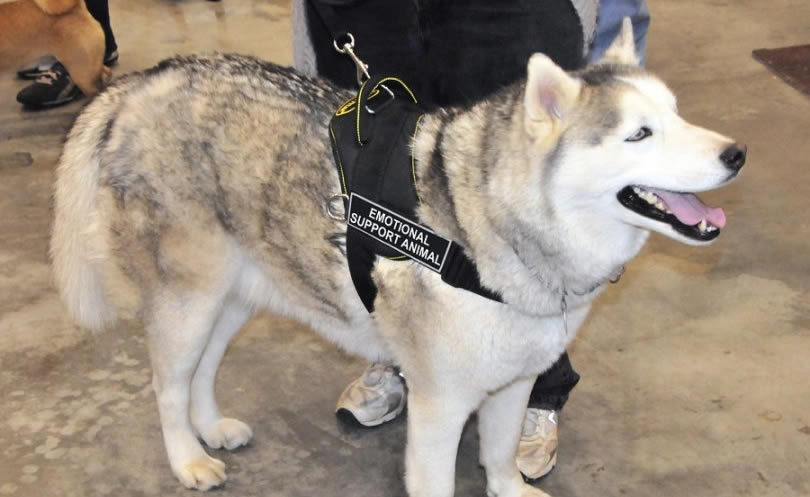[ULTIMATE GUIDE] Accessibility For Disabled Persons
The disabled access is the ability for people with disabilities to access a physical or information.
The government has provided a definition of accessibility:
“Accessibility allows autonomy and participation of people with disabilities, reducing or even eliminating, the discrepancies between the capacities, needs and desires on the one hand, and the different physical components, their organizational and cultural environment on the other. Access requires the implementation of the additional elements necessary for any person permanently or temporarily unable to move and free access and security of life and all places, services, products and activities. Society, involved in this effort of accessibility, also advances the quality of life of all its members. “
Access to a physical location for a physically disabled person.
For example, for a disabled person in a wheelchair, the presence of one or more steps makes it impossible to access certain sites, it is necessary to have a sloping ramp or a lift
Availability of information for a sensory disability.
For example, a visually impaired can not read a written text normal, you will need it in large letters on a contrasting background or a blind converted into spoken words or text in Braille. A hearing impaired …
